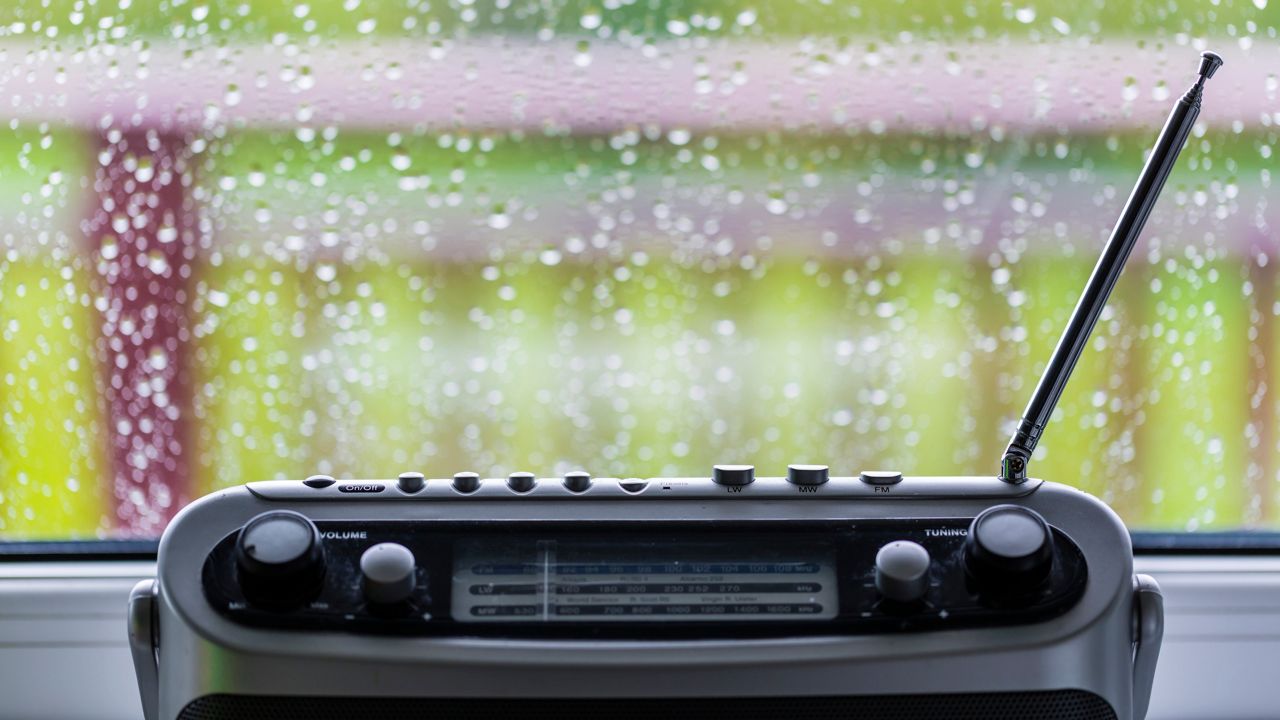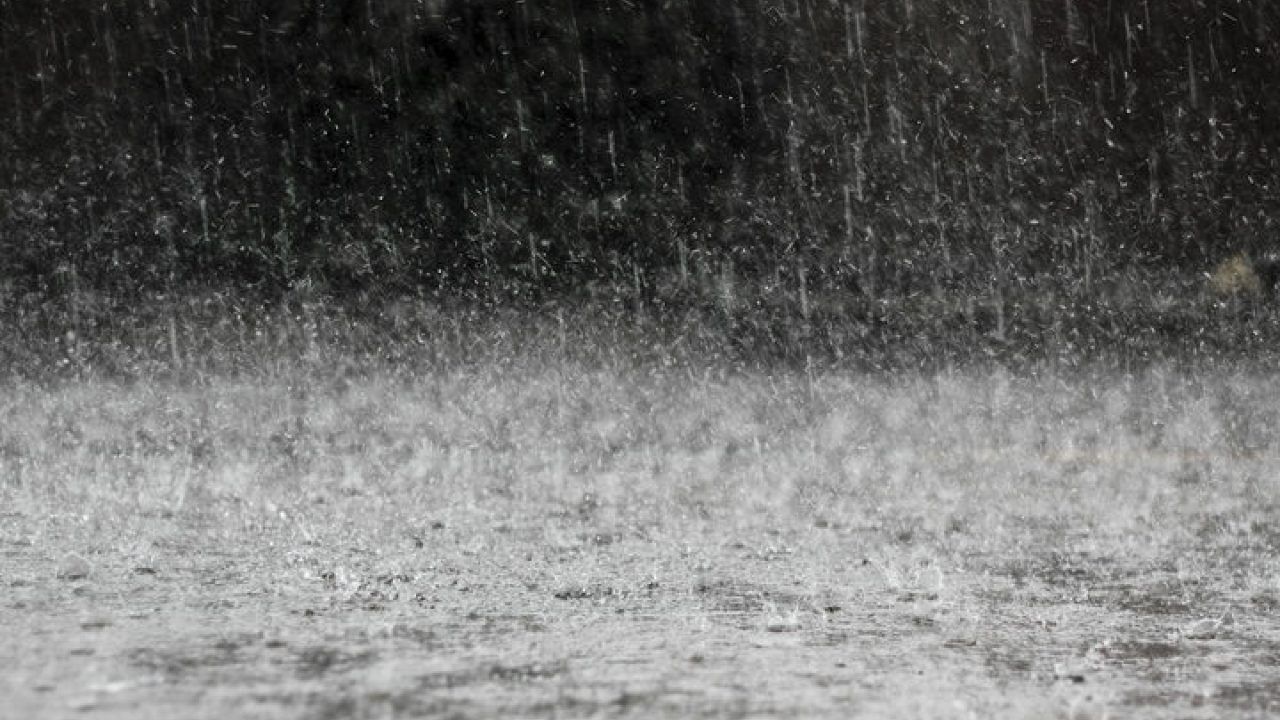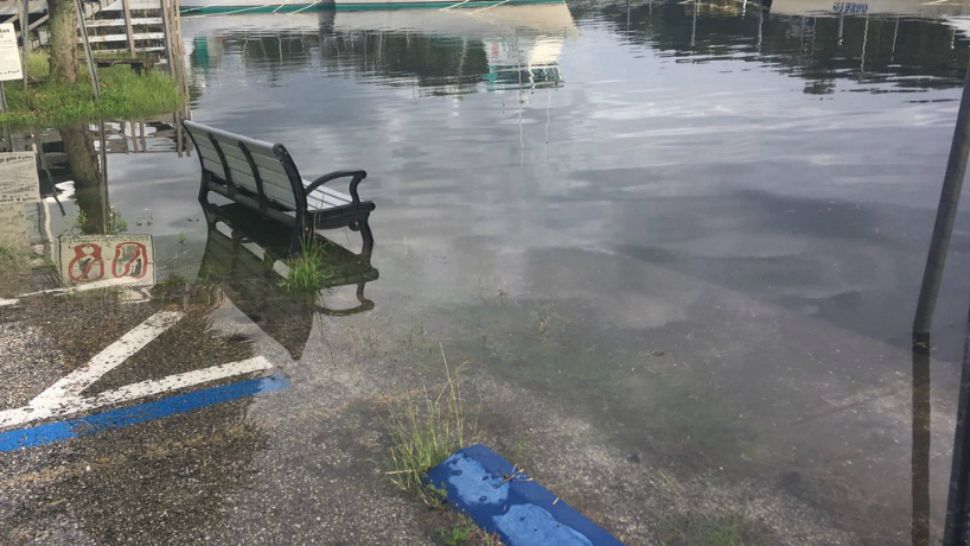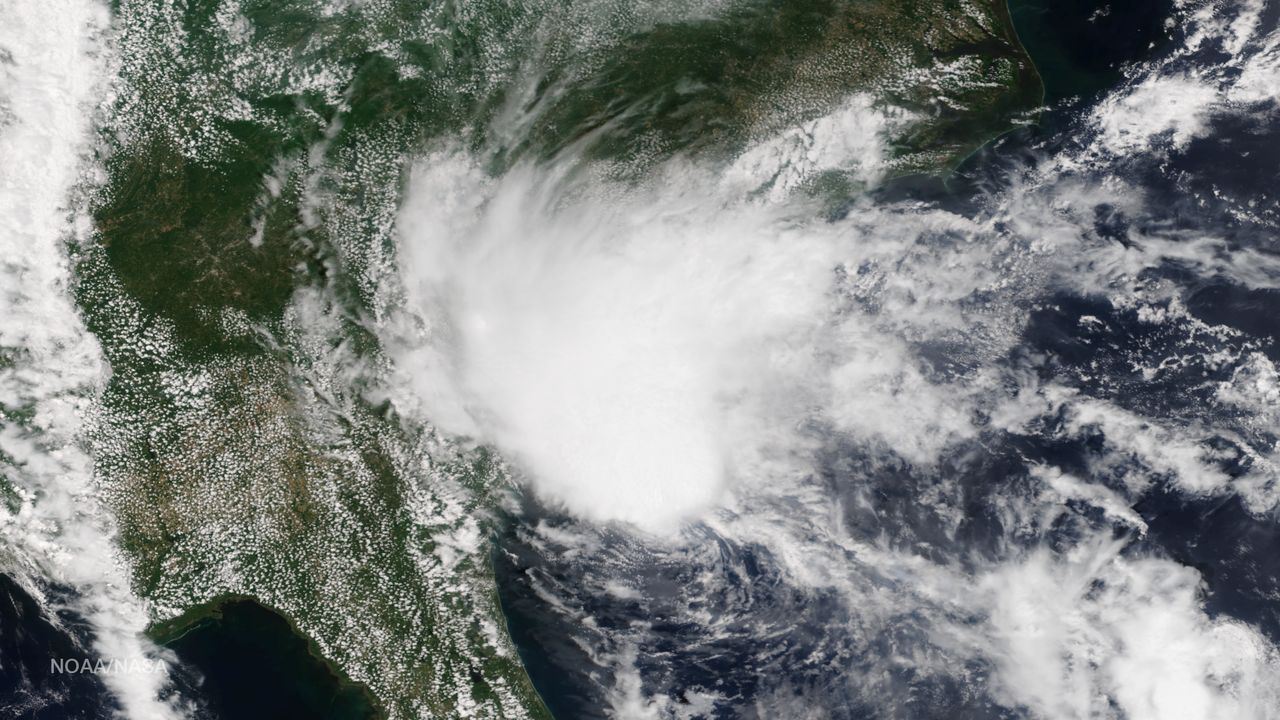With access at any given moment readily at our fingertips, we are certainly living in the age of information. But what happens after disaster strikes?
How do we get vital information that will directly affect our wellbeing, and what can we do now to prepare us in the case of a disaster?
Basic disaster preparedness tells us to have fresh batteries ready for flashlights, radios, and anything else they may power in a time of need. Along with that, you should own a battery powered radio.
A battery powered weather radio is an excellent addition to your emergency preparedness kit. You can also buy hand crank radios, which work off of a generator in the radio that allows it to operate without batteries.
As for cell phones, tablets, and laptops, you need to think ahead and make sure everything is fully charged going into a situation.
Since you can’t replace the batteries in these devices, you should have fully charged power banks to help keep these things running.
A power bank is a portable, rechargeable battery designed to charge our electronic gadgets when you don't have access to a regular wall charger. Another way to keep them going is to make sure you have the correct implements to charge off your automobile. Most of us already have these items in our cars.
If you do have access to a working smart phone, make sure it is set to receive Wireless Emergency Alerts.
Wireless Emergency Alerts (WEAs) are just one of the ways public safety officials can quickly alert the public to serious emergencies. They are sent through the Integrated Public Alert and Warning System (IPAWS), which integrates the nation's alert and warning systems, technologies, and infrastructure.
How do you set your smart phone to receive these alerts?
Check with the manual that came with your phone, check with your service provider, or check with the nearest 10-15 year old. I’m sure they’ll know how to do it.
If the power is out however,why is your cell phone working? It's because most cell towers have generator backups to keep them going in the event of a power outage.
Some things to keep in mind in a disaster scenario:
- Use your phone as little as possible to free up bandwidth for actual emergencies
- Text instead of call when possible because it uses up less bandwidth
A little forethought will go a long way to help keep you informed and in touch in the wake of a disaster.








